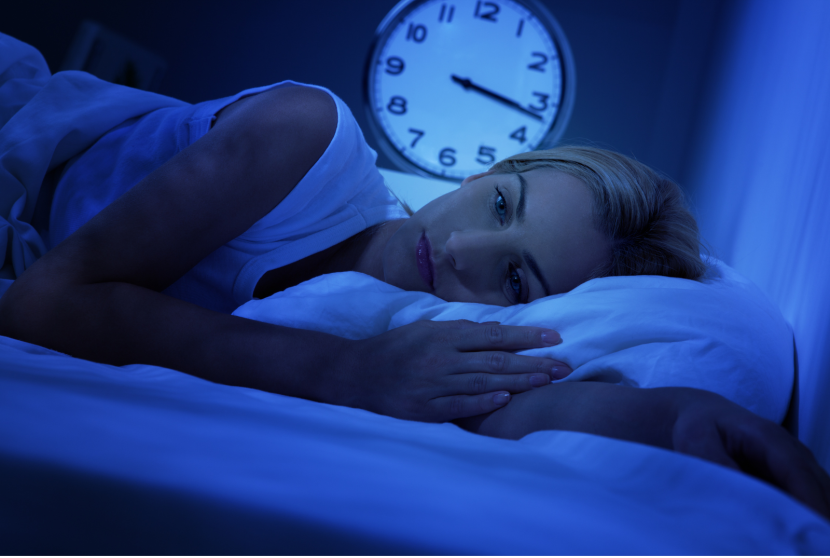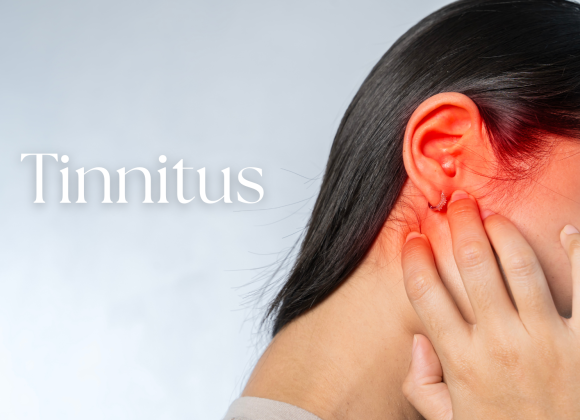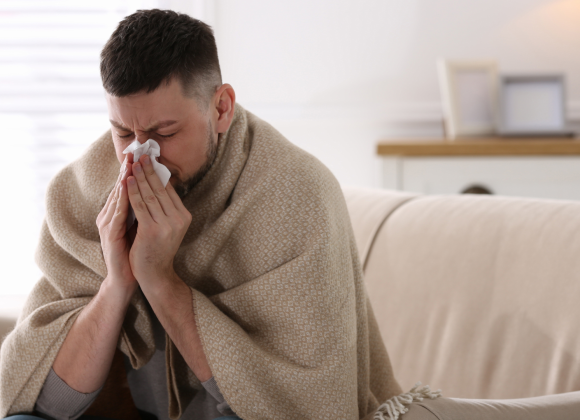“Am I an insomniac, or do I just stay up too late watching Netflix?”
You’re not alone in asking this.
We’ve all had nights of tossing and turning, staring at the ceiling, or reaching for our phones at 2 AM. But at what point does poor sleep hygiene cross the line into clinical insomnia?
Understanding the difference between a few bad nights and a true sleep disorder is critical—not only for your mental health but also for your long-term physical well-being. Let’s explore what separates chronic insomnia from everyday poor sleep habits, and how you can identify which one you might be dealing with.
What Is Insomnia?

Insomnia is a clinically recognized sleep disorder. According to the Sleep Foundation, it’s defined as difficulty falling asleep, staying asleep, or waking up too early—at least 3 nights per week for 3 months or longer—despite having adequate time and opportunity to sleep.
There are two main types:
- Acute insomnia – short-term, often due to stress or life changes
- Chronic insomnia – ongoing sleep difficulty that occurs regularly and disrupts daily functioning
Symptoms of Insomnia:
- Taking 30+ minutes to fall asleep
- Waking up multiple times during the night
- Waking up too early and being unable to go back to sleep
- Feeling unrefreshed or groggy during the day
- Difficulty concentrating, irritability, or low energy
🔗 Learn more at the American Academy of Sleep Medicine
What Are Bad Sleep Habits?
Not all sleep problems are true insomnia—many are caused by poor sleep habits, also known as bad sleep hygiene. Common culprits include scrolling your phone in bed, irregular sleep schedules, late-day caffeine, and heavy or spicy meals before bedtime. Some rely on alcohol to fall asleep, but it disrupts sleep quality. A noisy or brightly lit bedroom can also keep you awake. These habits confuse your body’s natural rhythm, but the good news is—they’re usually easy to fix with better routines and a calming sleep environment.
Key Differences: Insomnia vs. Bad Sleep Habits
| Feature | Insomnia | Bad Sleep Habits |
|---|---|---|
| Cause | Often psychological/medical | Behavioral or environmental |
| Duration | At least 3 nights/week for 3+ months | Varies, often temporary |
| Sleep Opportunity | Yes – tries to sleep but can’t | No – doesn’t prioritize sleep |
| Daytime Impact | High: fatigue, mood, focus issues | Mild to moderate |
| Fixable with Routine? | Not usually without medical help | Often improved by sleep hygiene changes |
When to Seek Help
If you’ve improved your sleep environment and habits—but still struggle to sleep—it may be more than lifestyle. Chronic insomnia often requires medical or psychological intervention.
Warning signs that it may be insomnia:
- Trouble sleeping even when you avoid screens and stimulants
- Sleep issues lasting more than a month
- Severe daytime sleepiness or irritability
- Anxiety around sleep or fear of going to bed
🔗 Visit National Institute of Mental Health – Sleep Disorders for more information
Tips to Improve Sleep Habits
Improving your sleep habits can help you fall asleep faster and sleep more deeply. Start by turning off screens at least an hour before bed and keeping a consistent sleep schedule, even on weekends. Avoid caffeine after 2 PM and make sure your bedroom is cool, dark, and quiet. Simple practices like deep breathing or meditation can help you relax.
Final Thoughts
Bad sleep habits are common and can usually be fixed with better routines. But if you’ve done everything right and still can’t sleep, it might be time to consider that chronic insomnia is the root cause.
Recognizing the difference early is key—because sleep isn’t a luxury. It’s a biological necessity. And treating insomnia isn’t just about better nights—it’s about better days, too.




